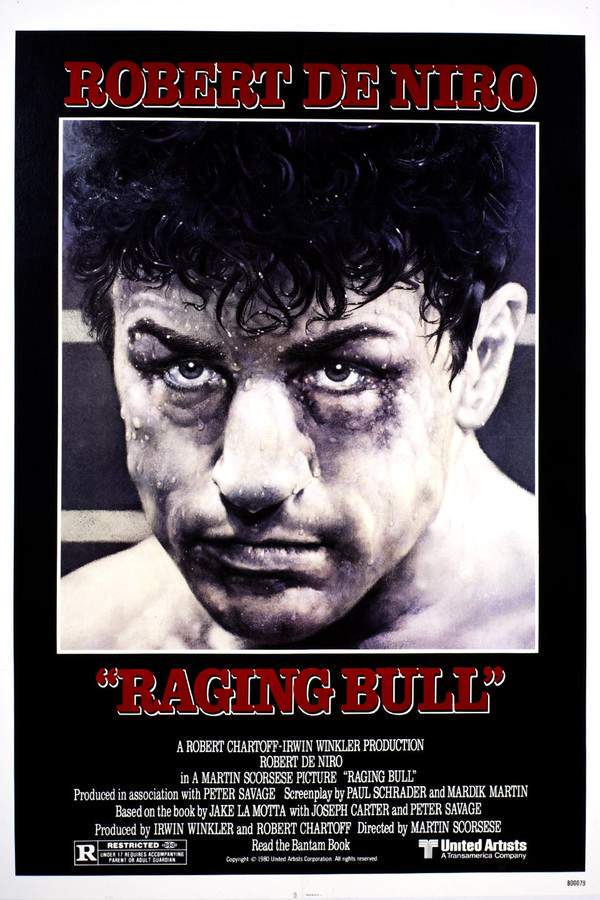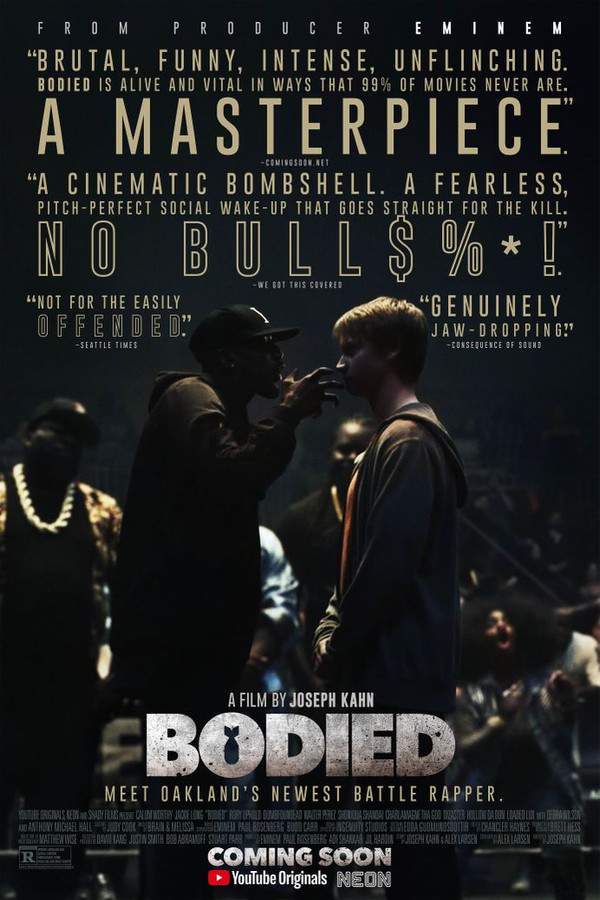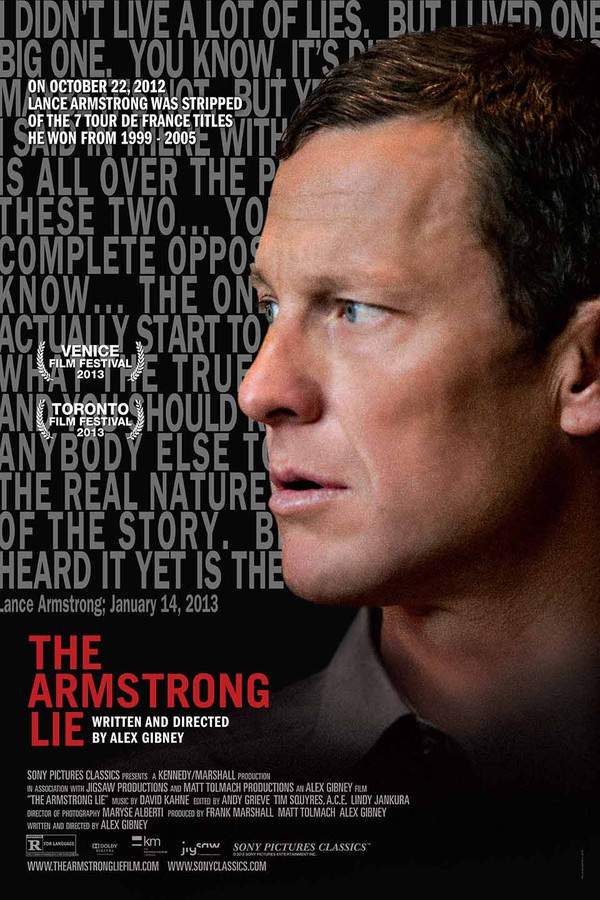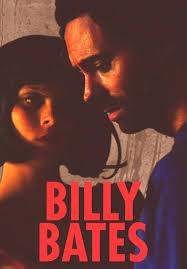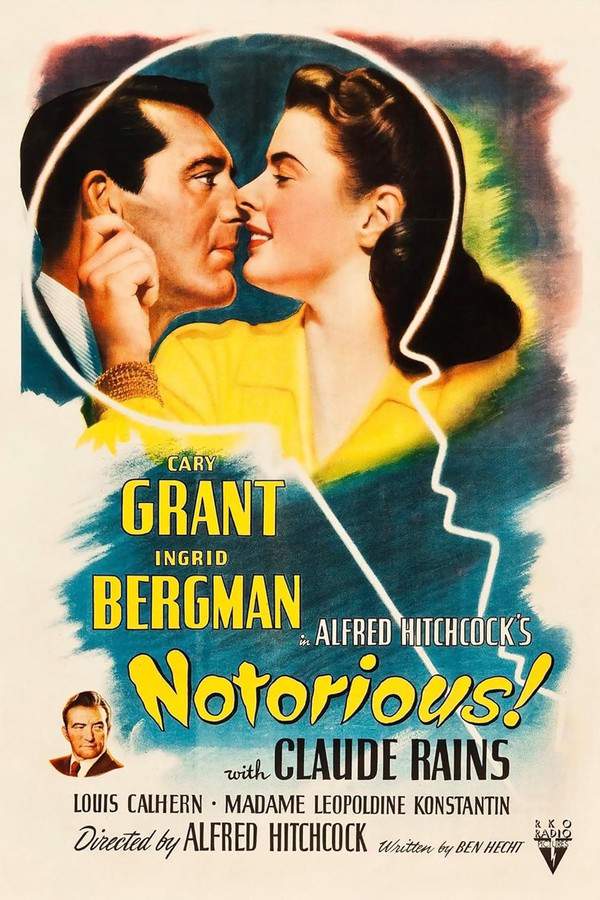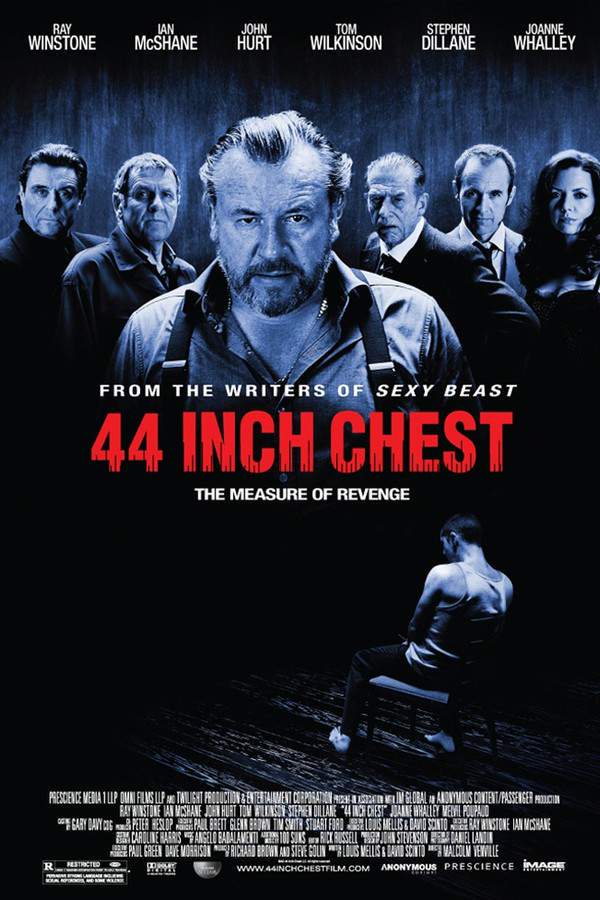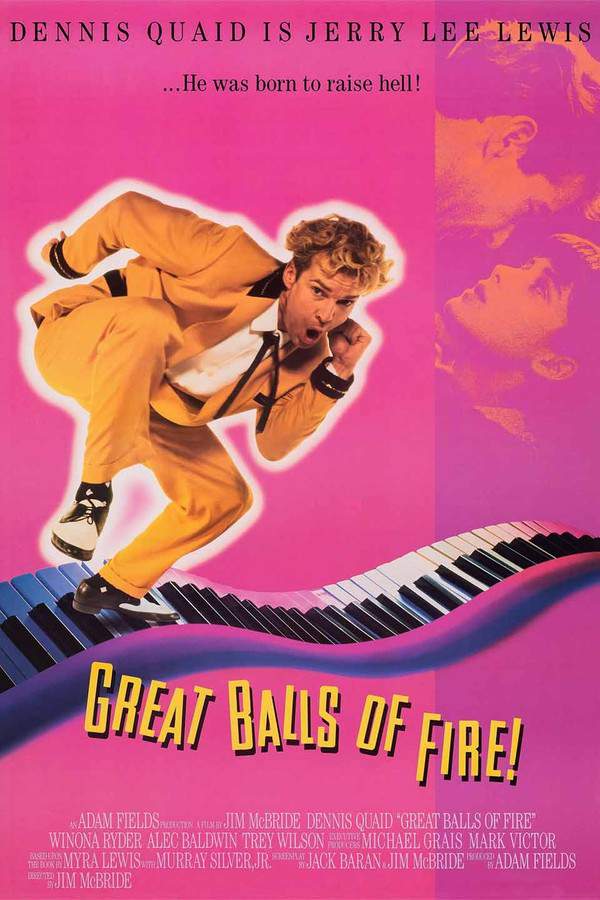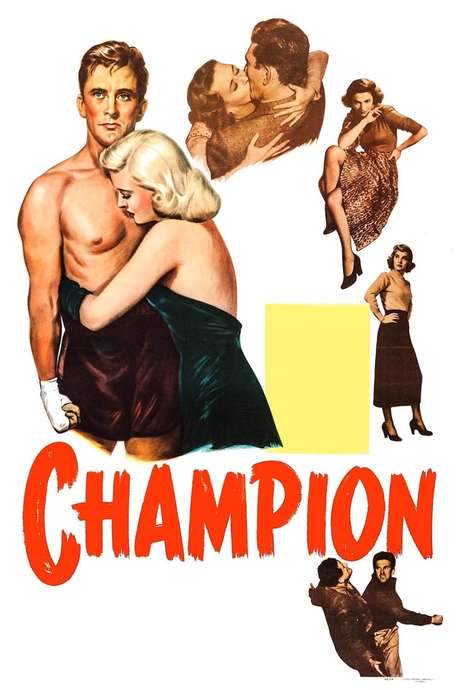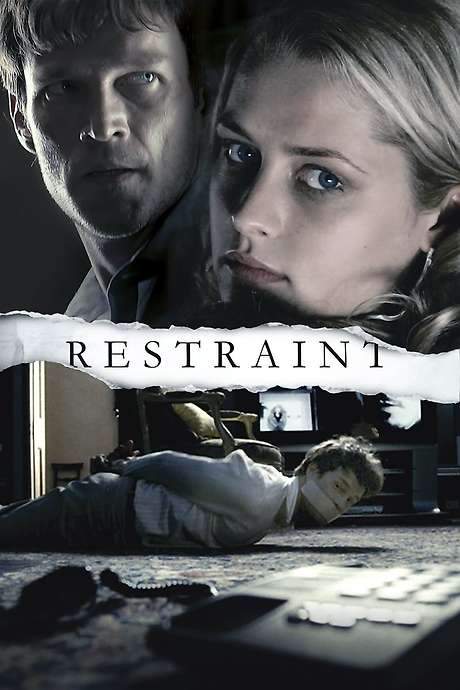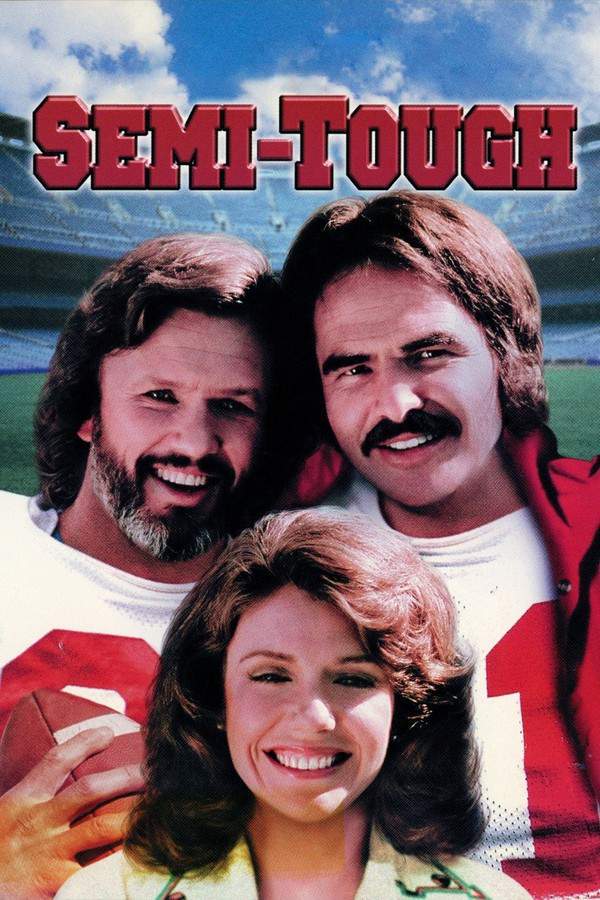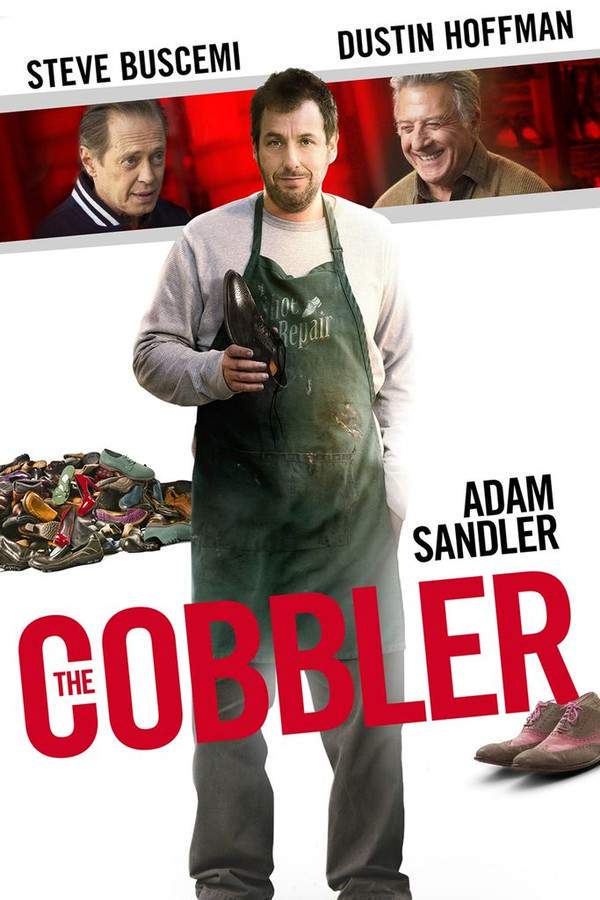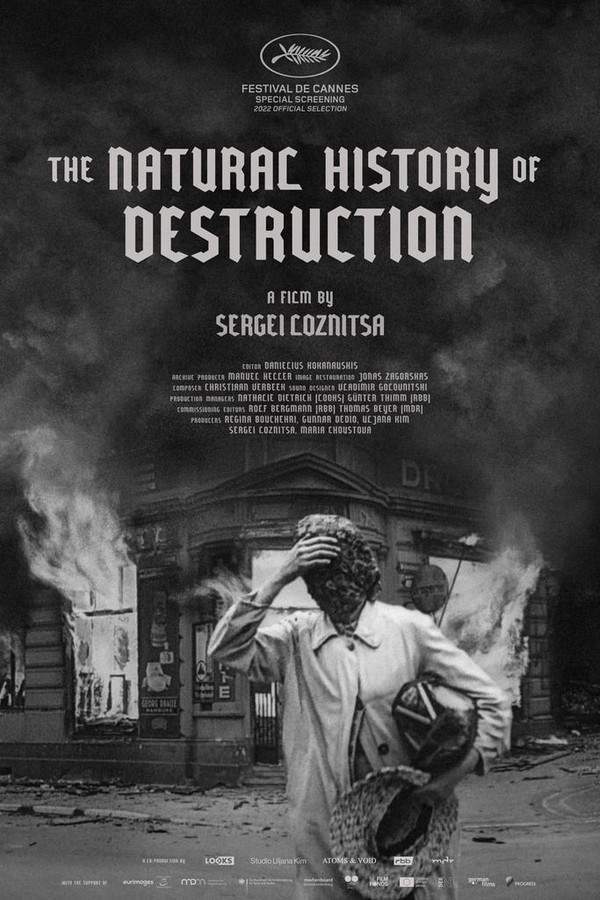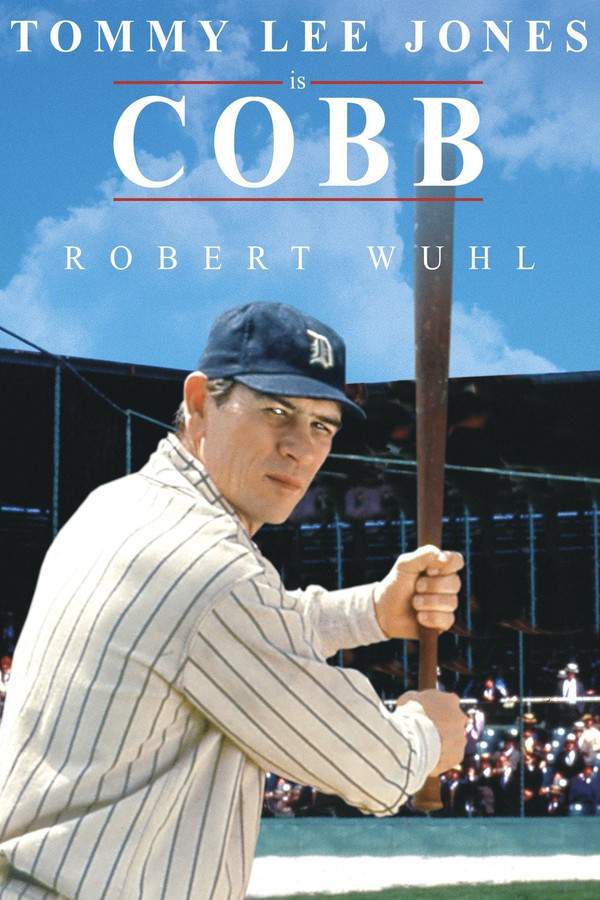
Cobb
Year: 1994
Runtime: 128 min
Language: English
Director: Ron Shelton
This intense drama explores the complicated relationship between baseball legend Ty Cobb and his biographer, Al Stump. Cobb insists on a carefully controlled portrayal of his life and career, pushing Stump to confront the darker aspects of the athlete's personality and demanding a sanitized version of his legacy. As Stump delves deeper into Cobb’s past, their interactions become increasingly volatile, revealing unsettling truths about the man behind the myth and forcing Stump to grapple with the complexities of fame, legacy, and the price of truth.
Warning: spoilers below!
Haven’t seen Cobb yet? This summary contains major spoilers. Bookmark the page, watch the movie, and come back for the full breakdown. If you're ready, scroll on and relive the story!
Cobb (1994) – Full Plot Summary & Ending Explained
Read the complete plot breakdown of Cobb (1994), including all key story events, major twists, and the ending explained in detail. Discover what really happened—and what it all means.
In 1960, sportswriter Al Stump [Robert Wuhl] is hired to ghostwrite an authorized autobiography for baseball legend Ty Cobb [Tommy Lee Jones], who, once and for all, wants to “set the record straight” before he dies. Cobb, aged 74 and in frail health, also envisions joining Stump at the Baseball Hall of Fame ceremony in Cooperstown, a moment he believes will cement his legacy for generations to come.
Stump arrives at Cobb’s opulent Lake Tahoe estate and encounters a volatile, heavy-drinking man who is as brilliant as he is abrasive. Cobb is a relentless critic, lashing out at everyone around him, a self-styled titan who has weathered countless public and private storms. The home itself is luxurious but eerily austere—heated by stubborn disputes with utilities and stocked with firearms that keep danger within reach. Cobb’s temper fizzes at the slightest provocation, and he treats staff and visitors with a blunt, often cruel, contempt. Yet beneath the bravado, the old athlete fights a losing battle with illness and the creeping weight of mortality, a paradox that makes his fury feel both volatile and necessary.
From day one, the dynamic between Cobb and Stump is combative. Cobb insists on shaping the book to emphasize his supposed greatness, while Stump argues that greatness must be earned and verified by others’ voices, not merely proclaimed by Cobb himself. The clash over structure sets the tone for their uneasy collaboration, a push-pull that becomes as much a battle over truth as a struggle for control.
Before heading to Cooperstown, Cobb drags Stump into a reckless Reno detour, including a dangerous blizzard-driven drive that nearly ends in disaster. In a further display of his volatile appetite for disruption, Cobb commandeers Stump’s car after a near-fatal crash, and their trip into the night culminates in a raucous resort show where Cobb disrupts a performance by Keely Smith and Louis Prima. The sequence reveals Cobb’s knack for commandeering attention while masking a deeper insecurity about his own legacy and aging.
One morning, Cobb learns that Stump has penned notes describing him as “pathetic” and “lost in the past.” In a fierce, revealing confrontation, Cobb asserts that readers care little for his personal flaws; what matters are his triumphs. He also discloses a troubling twist: Stump’s agents have secretly arranged for Cobb to grant final editorial approval, bypassing the writer’s standard contract clause. Yet Cobb’s own walls begin to come down as he starts to share crucial memories, including a traumatic tale about his father’s death and how Cobb interprets that event as a defining moment in shaping his ruthless, unyielding persona.
A cigarette girl named Ramona catches Stump’s eye, and she speaks with a curiosity that unsettles Cobb. In a jealous outburst, Cobb bursts into the room, accosts Stump, and physically abuses Ramona, revealing a capacity for brutality that shocks the writer into a sharper resolve to tell the real story. Stump resolves to tell Cobb’s truth, even as he finds himself drawn into Cobb’s world in new and unsettling ways.
Driven by a sense of inevitability, Stump begins writing two books at once: the glossy memoir Cobb wants and a merciless, unflinching exposé that exposes every bitter corner of Cobb’s life. He hides notes on hotel stationery and places typewritten pages in plain view, intending to coax Cobb into signing off on a version that will satisfy the contract while preserving space for a true, if hidden, reckoning after Cobb’s death. The plan is to finish Cobb’s book while he’s alive, collect payment, and then publish the radical follow-up after Cobb is gone.
As they resume the road trip, Stump becomes more of a caretaker than a mere scribe, coordinating Cobb’s medications and watching the man’s vitality cling stubbornly to life despite cancer and failing strength. Cobb, in turn, reveals layers of pride, fear, and a brutal honesty about his reputation as a fighter—an honesty that makes Stump question whether he can truly separate the man from the myth.
At Cooperstown, the induction weekend gathers old rivals and admirers alike, a mosaic of memory and legend. Cobb’s public persona remains compelling even as private tensions flare; the players’ party scene afterward shows how deeply his hard-edged nature has alienated friends and peers. A visit to Cobb’s Georgia home follows, where his estranged daughter rebuffs him, a stark mirror of the fractured family life Cobb has carried for decades. Through it all, Stump continues to juggle the two books, watching as his own conscience weighs heavier with every page.
Despite his growing dependence on alcohol and the moral cost of his deception, Stump begins to sense a kind of rival to Cobb’s iron will in himself. In a quiet moment, Cobb seems to respect the writer who has managed to outsmart him—by convincing him of a truth he never anticipated. Cobb’s final wish is to be remembered not as a flawless hero, but as a man who poured out his secrets with brutal candor, even if the world chose to celebrate a curated version of him.
The film culminates with Cobb’s death on July 17, 1961, and Stump’s completion of the two parallel narratives. In a closing voiceover, Stump reveals that he published the glowing, accepted autobiography Cobb commissioned, rather than the raw, warts-and-all truth he had been quietly compiling. Cobb’s last lesson lingers: “The desire for glory is not a sin.”
Last Updated: October 09, 2025 at 15:43
Explore Movie Threads
Discover curated groups of movies connected by mood, themes, and story style. Browse collections built around emotion, atmosphere, and narrative focus to easily find films that match what you feel like watching right now.
Confrontational biographies of flawed legends like Cobb
Films that delve into the dark, complex truths behind famous figures.This section features movies like Cobb that explore the volatile relationships between biographers and their difficult, legendary subjects. If you enjoyed the dark, psychologically intense look at Ty Cobb's life, you'll find similar stories that confront the ugly truths behind fame and legacy.
Narrative Summary
Stories in this thread typically follow an outsider's journey into the life of a brilliant but deeply troubled public figure. The narrative is driven by a clash of wills, as the subject attempts to control their narrative while the investigator uncovers unsettling truths, leading to a volatile and often morally complex collaboration.
Why These Movies?
Movies are grouped here for their shared focus on deconstructing myths, their high emotional intensity, and their exploration of the ethical dilemmas involved in telling another person's story. They share a dark tone and a heavy, reflective mood.
Claustrophobic duo dramas with toxic relationships like Cobb
Stories of two people locked in a tense, psychologically charged battle.If you liked the volatile, oppressive relationship between Ty Cobb and Al Stump, explore more movies like Cobb that focus on intense, psychologically fraught duos. These films capture the slow burn tension and emotional heaviness of two characters locked in a toxic dance.
Narrative Summary
The plot is propelled by the escalating tension between two characters whose fates are intertwined. The setting often feels confined, forcing constant interaction. The journey is one of psychological unraveling, power struggles, and the formation of a complex, often painful bond that changes both individuals irrevocably.
Why These Movies?
These films are grouped by their core focus on a high-stakes, two-hander character dynamic. They share a steady, deliberate pacing that allows the relationship to simmer and explode, a dark or tense tone, and a mood that is oppressive, volatile, and psychologically intense.
Unlock the Full Story of Cobb
Don't stop at just watching — explore Cobb in full detail. From the complete plot summary and scene-by-scene timeline to character breakdowns, thematic analysis, and a deep dive into the ending — every page helps you truly understand what Cobb is all about. Plus, discover what's next after the movie.
Cobb Timeline
Track the full timeline of Cobb with every major event arranged chronologically. Perfect for decoding non-linear storytelling, flashbacks, or parallel narratives with a clear scene-by-scene breakdown.

Characters, Settings & Themes in Cobb
Discover the characters, locations, and core themes that shape Cobb. Get insights into symbolic elements, setting significance, and deeper narrative meaning — ideal for thematic analysis and movie breakdowns.

Cobb Spoiler-Free Summary
Get a quick, spoiler-free overview of Cobb that covers the main plot points and key details without revealing any major twists or spoilers. Perfect for those who want to know what to expect before diving in.

More About Cobb
Visit What's After the Movie to explore more about Cobb: box office results, cast and crew info, production details, post-credit scenes, and external links — all in one place for movie fans and researchers.

Similar Movies to Cobb
Discover movies like Cobb that share similar genres, themes, and storytelling elements. Whether you’re drawn to the atmosphere, character arcs, or plot structure, these curated recommendations will help you explore more films you’ll love.
Explore More About Movie Cobb
Cobb (1994) Scene-by-Scene Movie Timeline
Cobb (1994) Movie Characters, Themes & Settings
Cobb (1994) Spoiler-Free Summary & Key Flow
Movies Like Cobb – Similar Titles You’ll Enjoy
Semi-Tough (1977) Spoiler-Packed Plot Recap
Foxcatcher (2014) Detailed Story Recap
Trouble with the Curve (2012) Film Overview & Timeline
Screwball (2019) Movie Recap & Themes
42 (2013) Ending Explained & Film Insights
The Cobbler (2015) Story Summary & Characters
The Natural (1984) Full Summary & Key Details
Semi-Pro (2008) Film Overview & Timeline
Tin Cup (1996) Ending Explained & Film Insights
Bobby Jones: Stroke of Genius (2004) Detailed Story Recap
Fever Pitch (1985) Complete Plot Breakdown
Long Gone (1987) Story Summary & Characters
Mr. Baseball (1992) Complete Plot Breakdown
Soul of the Game (1996) Movie Recap & Themes
City Without Baseball (2008) Plot Summary & Ending Explained

